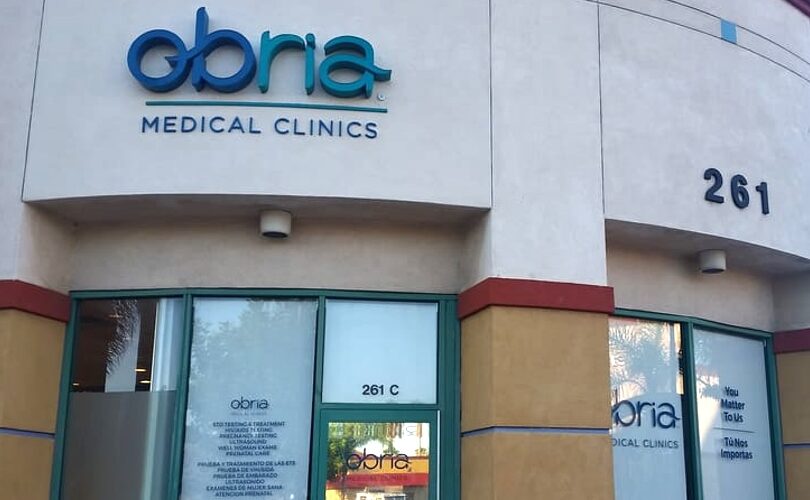
(LifeSiteNews) — A coalition of California pregnancy centers is suing the state’s Democratic Attorney General Rob Bonta for his attempts to quash their promotion of abortion pill reversal (APR), which their attorneys at Alliance Defending Freedom (ADF) are calling a flagrant attack on free speech.
Last year, Bonta went after Heartbeat International and RealOptions Obria Medical Clinics, the latter of which runs a chain of counseling centers in the northern part of California, of violating the state’s False Advertising Law and Unfair Competition Law, seeking an injunction blocking them from promoting APR.
The abortion pill mifepristone (better known as RU-486) works by blocking the natural hormone progesterone that developing babies require to survive. APR consists of administering extra progesterone to counteract mifepristone’s effects, ideally within 24 hours of taking the abortion pill.
On Monday, ADF filed its lawsuit against Bonta in the U.S. District Court for the Central District of California, saying that the attorney general’s actions amount to unconstitutional censorship.
READ: Study finds 6 in 10 women who had chemical abortions wanted help or emotional support after
“Access to information is a hallmark of a free society and is essential to making informed medical choices. But California’s attorney general is silencing pregnancy centers and censoring information about life-saving medical options,” said ADF Senior Counsel Caleb Dalton. “Attorney General Bonta and his allies at Planned Parenthood may not like it, but the truth is that many women regret their abortions, and some seek to stop the effects of chemical abortion drugs before taking the second drug in the abortion drug process. Women deserve to know all their options every step of the way.”
Pro-abortion detractors claim that APR is unproven and potentially harmful, but as pro-life OB/GYN Dr. William Lile has explained, the technique is based on principles that are well understood from progesterone’s common, FDA-approved use in a variety of other pregnancy-related situations. According to the Abortion Pill Rescue Network (APRN), “initial studies of APR have shown it has a 64-68% success rate.” Heartbeat International also publishes anecdotal, firsthand testimonials from women who have benefited from the technique.
Last year, the academic journal Scientific Reports published a study by Franciscan University of Steubenville neuroscientist Dr. Stephen Sammut that found “progesterone, administered shortly after mifepristone, reversed the effects of mifepristone (i.e., reversed the abortion) with living fetuses present at the end of gestation in 81 percent of cases,” after months of being challenged and rejected by other publications.
APR is just one of the many options the so-called “pro-choice” leaders of states like California have long sought to quash.
Crisis pregnancy centers have long provided low-income women with a wide variety of services, including ultrasounds, basic medical care, adoption referrals, parenting classes, and children’s supplies that help mitigate the fears and burdens that lead some to choose abortion. For that reason, they have long been a target of left-wing rage, with attacks often focusing on claims that they “deceive” women, both about abortion and about their own services. But the pro-life contentions most often derided as “misinformation” are in fact true, and accusations of self-misrepresentation typically refer to little more than the fact that ads for them appear in online searches for the term “abortion.”
The abortion movement is notoriously hostile to such alternatives to abortion, from publicity campaigns seeking to malign crisis pregnancy centers, to attempts to strip medical licenses from pro-life doctors, to violence and threats against pregnancy centers that are less likely to be prosecuted than purported cases of anti-abortion violence.

